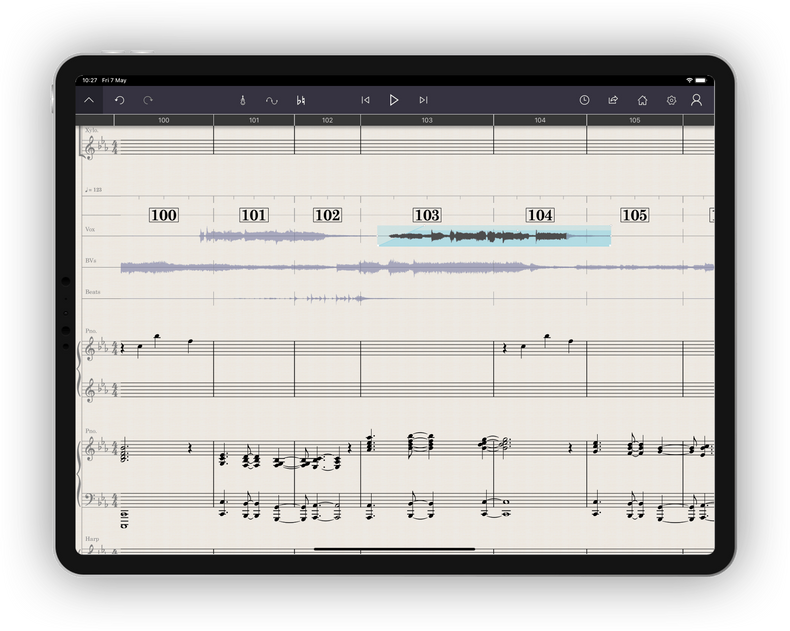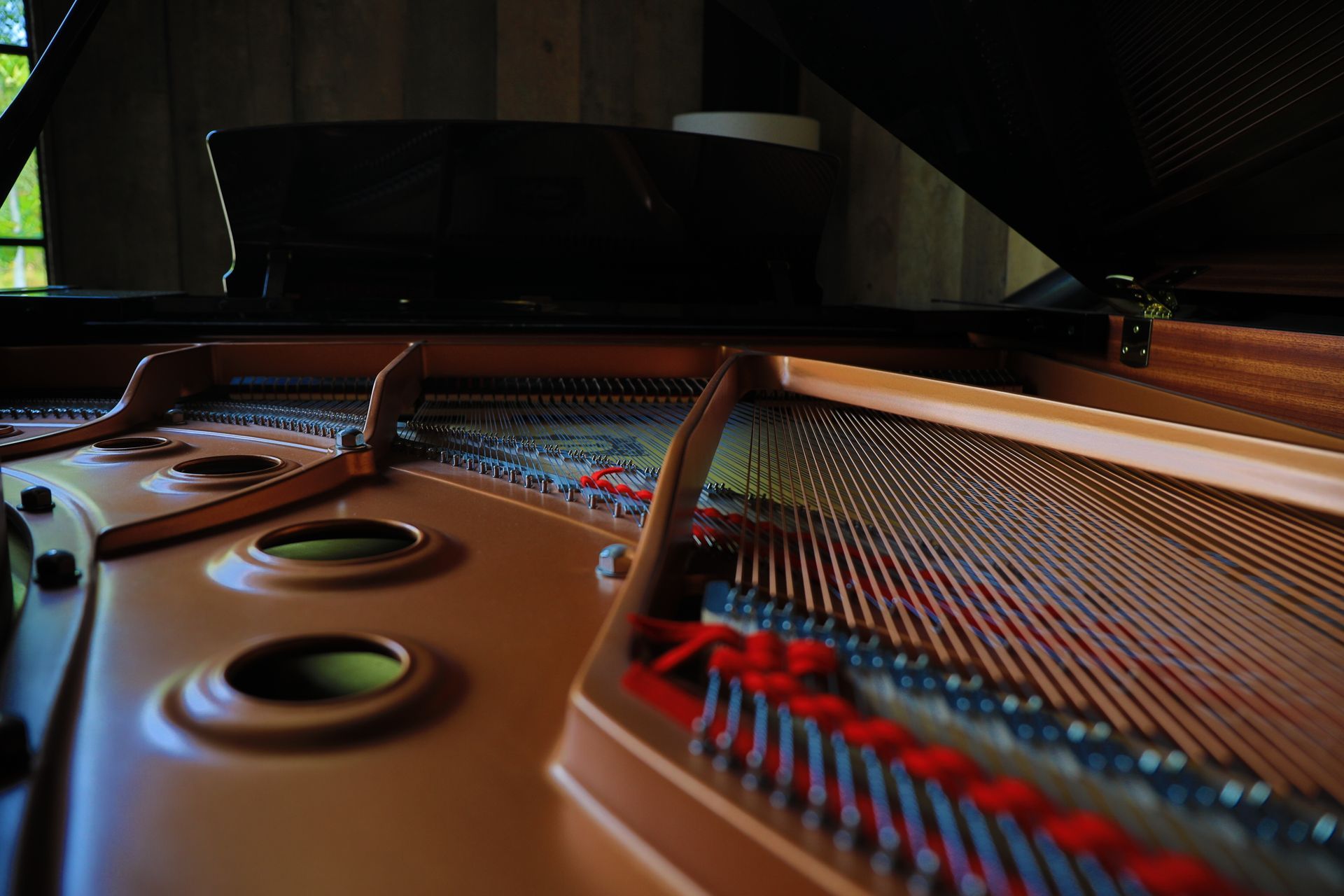Springing Forward
One small spring for StaffPad, one giant leap for composers!
Hello StaffPadders!
It’s been a very busy first half of 2021 at StaffPad. Firstly, I hope this missive finds you well, healthy and enjoying the renewal of life that spring represents. Although we were able to squeeze in a small update recently, which focused on bug fixes and compatibility, we've been extremely busy working on some larger features that are coming to StaffPad in the near future. We've also been working hard to secure the long term future of the app and open new avenues for growth; as part of that, we have some exciting news to share. Let's dive in!
StaffPad joins Muse Group
StaffPad Ltd is now part of the newly formed Muse Group of brands. This is fantastic news for us - and a healthy sign of growth for StaffPad's future. Muse Group represents some of the most popular and exciting brands for musicians in the world today. Being a part of a larger family means we’re able to enjoy increased resources, support and stability, whilst embarking on even more ambitious features and projects in the future. Matthew and I, and the development team, remain committed to StaffPad - and our ambitious roadmap continues apace.
Speaking of roadmap; eagle-eyed viewers of Apple’s latest “Spring Forward” event may have seen us demonstrating a sneak peek of some of the things we're working on (skip to 00:51:00 to see us!)
Usually, it’s our “MO” to keep features under wraps until they’re ready to go but, in a break from tradition, I thought it might be worth talking a little bit about what we’re doing in the longer term and wider context. Whilst these features are not yet ready for release, I thought it would be fun to unpack a little bit of what we're working on behind the scenes at StaffPad HQ.
For context, it’s important to revisit the full "vision” for StaffPad: to create the ultimate composition app, for composers. That's the high order bit -- the primary design function of StaffPad is to empower composers to compose.
Since it's launch, StaffPad has made strides in meeting the needs of composers working in the field today. With StaffPad and StaffPad Reader, you can go from idea to mockup to live performance, working entirely within notation - the language both composers and musicians read - without leaving the StaffPad ecosystem. This was a Great Leap Forward for us and, if I may be so bold, for notation itself.
Yet, a modern composer often works beyond the walls of notation. These days, the composition process involves working with sound. As composers, we want to work with audio sources like vocals; synths; loops; sound effects or dialogue. It’s useful to be able to capture ideas in their raw form, as and when we have them. However, the problem was that this meant switching tools - and languages - into a DAW world. That brings with it a whole new set of complexities.
To solve this problem, in the coming months, we’re bringing seamless audio support to StaffPad.
Audio Staffs
Audio Staffs unlock an entire world of sounds and possibilities for your compositions. For the first time, you’re able to easily record or import audio files, edit them directly on a score canvas using your Apple Pencil or Windows Pen, and have them play back right alongside your instrument staffs. You can cut, copy, trim, fade, crossfade, overlap, move, snap, and adjust the gain of individual audio clips held on a special audio staff, and create as many audio staffs as you like.
That’s not all. Coming later this year, we’re bringing audio recognition to StaffPad. This magical feature converts the audio you record or import into StaffPad into usable, useful notation. This works for polyphonic audio sources - like a real acoustic piano or guitar - so there's no need to lug around a MIDI keyboard. On more powerful devices, such as the new M1 iPad Pro, you can even record directly onto an instrument staff, and see the notes appear in realtime.
Designed from Day One
The seeds for seamless audio support were planted into StaffPad’s design from the start. It’s why we focus on a continuous "infinity view" layout within StaffPad; it’s why the playhead and the automation layer work in linear time, rather than relative notation time. It’s even why we give such prominence to the metronome icon. Throughout StaffPad, there are countless design touches which mean that when audio comes, it slots in as if it’s been there from the start without any huge workflow changes.
Audio support is one of the most exciting features in StaffPad's continued development, and I can't wait to share more details with you about this incredible new functionality in the near future. We are aiming to release Audio Staffs as part of the next major update to StaffPad, with Audio Recognition coming later in the year.
That's it from me for this update -- we'll see you very soon for the next!
With all best wishes,
David and Matt


